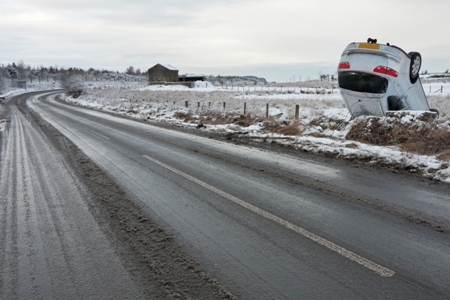To help mitigate the consequences of serious road accidents, the EU has committed to putting in place an emergency call system known as eCall. Based on in-vehicle communication technology, such an electronic safety system will automatically call emergency services in case of a serious crash.
 The eCall will dial 112 - Europe's single emergency number and communicate the vehicle's location to emergency services, even if the driver is unconscious or unable to make a phone call. It is estimated that it could save up to 2,500 lives a year.
The eCall will dial 112 - Europe's single emergency number and communicate the vehicle's location to emergency services, even if the driver is unconscious or unable to make a phone call. It is estimated that it could save up to 2,500 lives a year.
To achieve that objective, on 13 June, 2013 the European Commission presented two legislative proposals aimed at ensuring that, from 1 October, 2015, firstly, all new models of passenger cars and light duty vehicles would be fitted with 112 eCall and, secondly, the necessary infrastructure would be created for the proper receipt and handling of eCalls in emergency call response centres - ensuring the compatibility, interoperability and continuity of the EU-wide eCall service.
Contrary to the current system where eCall is installed by manufacturers on a voluntary basis, the proposal provides for a mandatory fitting of eCall devices in vehicles, starting with new passenger cars and light commercial vehicles, by 1 October, 2015. It therefore requires vehicle and equipment manufacturers to ensure that, in the event of a severe accident, an eCall to 112 is activated automatically. An eCall can also be triggered manually. Furthermore, the regulation provides for rules on privacy and data protection, as well as for the delegation of powers to the Commission in respect of detailed technical requirements.
The European Parliament adopted its position at first reading on 26 February 2014. On 25 September, the IMCO Committee decided to open trilogue negotiations with the Council and the Commission with a view to reaching an early second reading agreement.
Image: It is estimated that eCall could save as many as 2,500 lives a year.